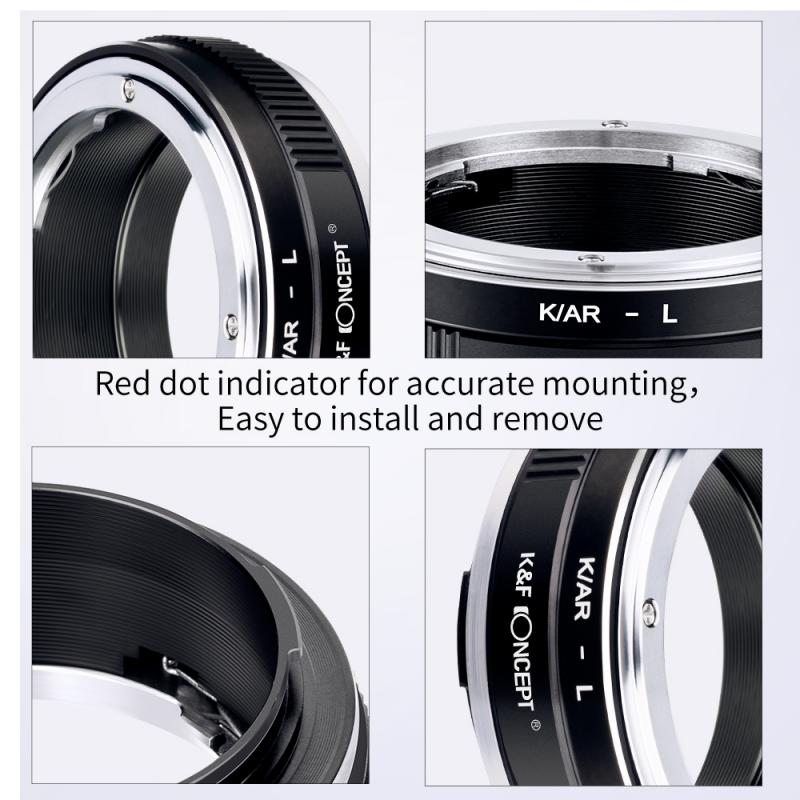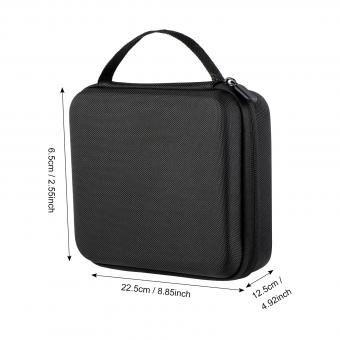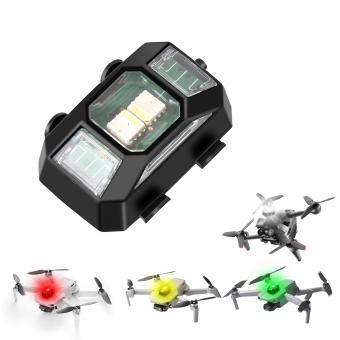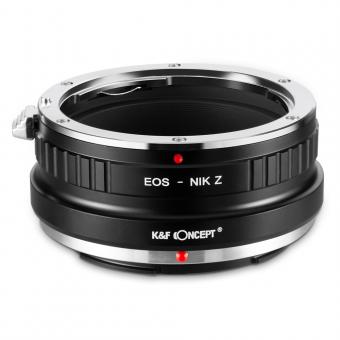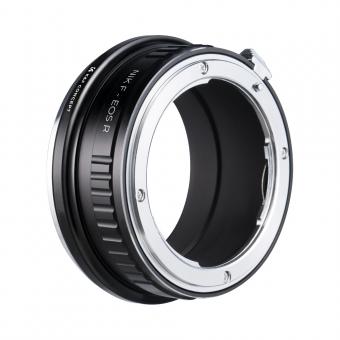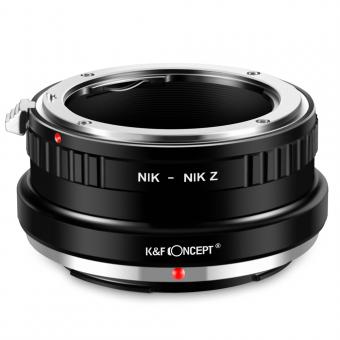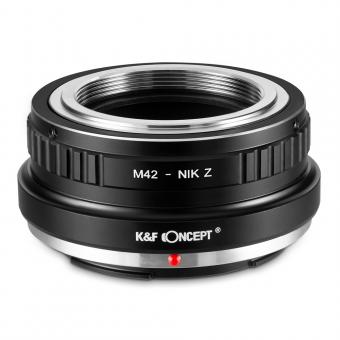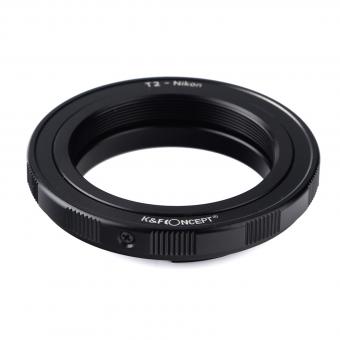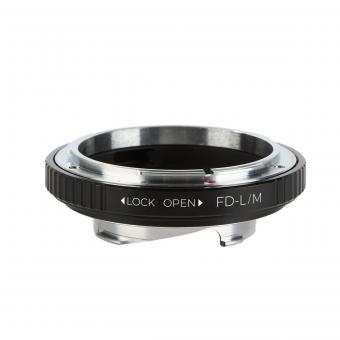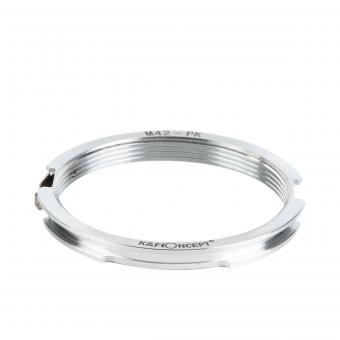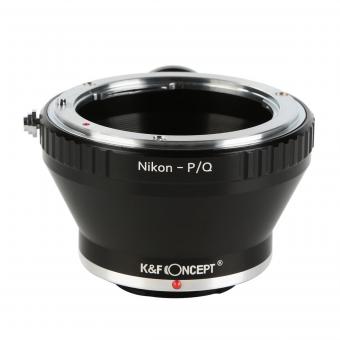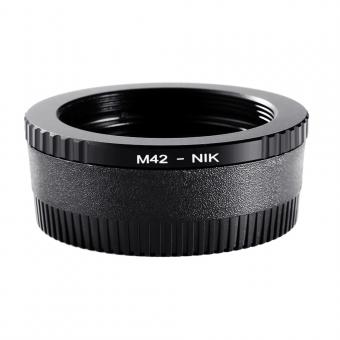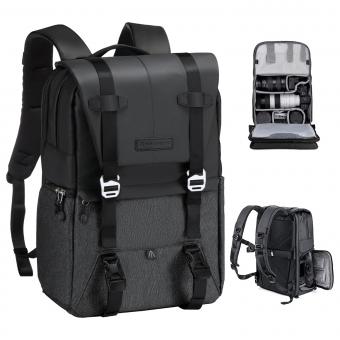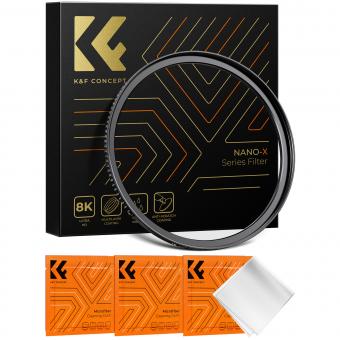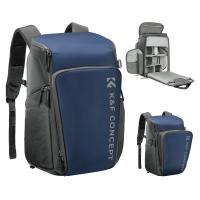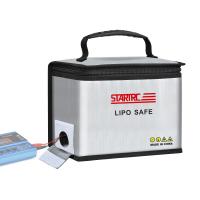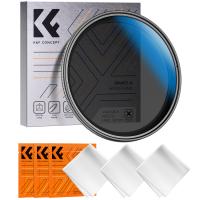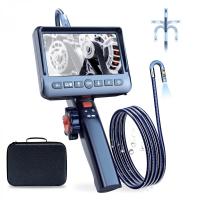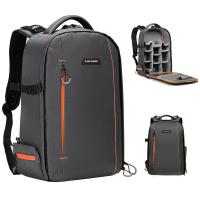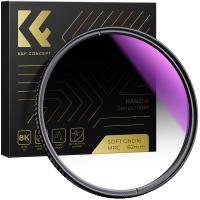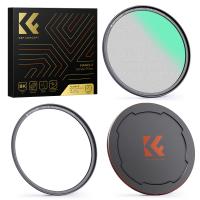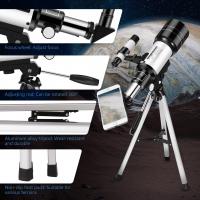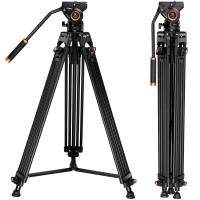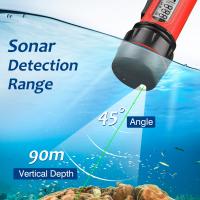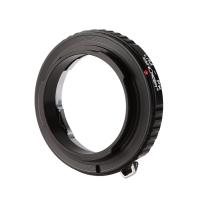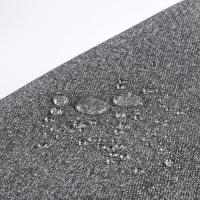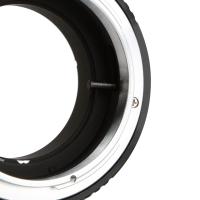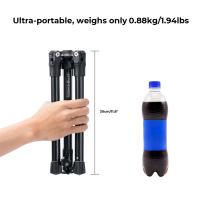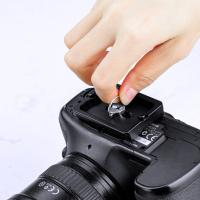How To Store Camera And Lenses ?
To store cameras and lenses properly, it is recommended to keep them in a cool and dry environment to prevent moisture damage. Store them in a dedicated camera bag or case with padded compartments to protect them from impact and scratches. It is advisable to remove the batteries from the camera before storing to avoid any potential leakage. Additionally, lenses should be stored in lens cases or pouches to keep them safe and dust-free. It is important to avoid exposing the equipment to extreme temperatures or direct sunlight, as this can cause damage. Regular cleaning and maintenance of the camera and lenses are also essential to ensure their longevity.
1、 Proper camera and lens storage techniques for longevity
Proper camera and lens storage techniques are essential for ensuring their longevity and optimal performance. Here are some tips on how to store your camera and lenses:
1. Clean and dry: Before storing your camera and lenses, make sure they are clean and dry. Use a soft, lint-free cloth to remove any dust or smudges. This will prevent any potential damage or corrosion during storage.
2. Remove batteries: If you're not planning to use your camera for an extended period, remove the batteries. This will prevent any potential leakage that could damage the camera's internal components.
3. Use a camera bag or case: Invest in a good quality camera bag or case to protect your equipment from dust, moisture, and accidental bumps. Look for a bag with padded compartments to keep your camera and lenses secure and organized.
4. Store in a cool and dry place: Avoid storing your camera and lenses in areas with extreme temperatures or high humidity. Heat and moisture can damage the sensitive electronics and optics. Instead, choose a cool and dry place, such as a closet or a dedicated camera cabinet.
5. Use silica gel packets: To further protect your camera and lenses from moisture, consider placing silica gel packets in your camera bag or case. These packets help absorb any excess moisture and maintain a dry environment.
6. Store lenses upright: When storing lenses, it's best to keep them upright to prevent any potential damage to the lens mount or internal elements. Use lens caps to protect the front and rear elements from dust and scratches.
7. Regularly check and use your equipment: Even when in storage, it's important to periodically check and use your camera and lenses. This helps prevent any mechanical issues caused by prolonged inactivity.
It's worth noting that technology and best practices in camera and lens storage may evolve over time. Therefore, it's always a good idea to stay updated with the latest recommendations from manufacturers and industry experts.
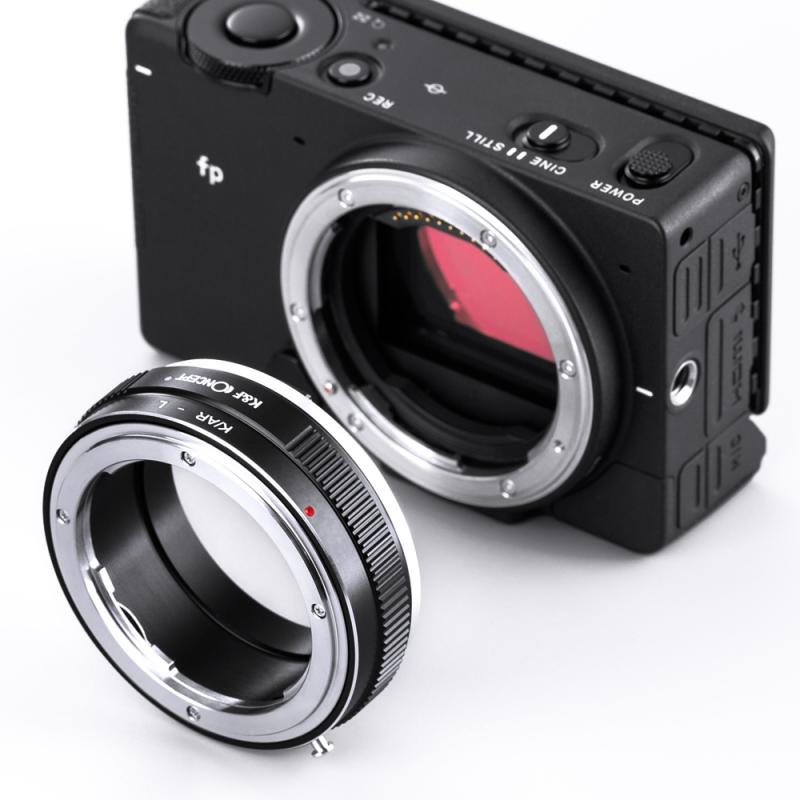
2、 Best practices for storing camera equipment to prevent damage
Best practices for storing camera equipment to prevent damage include:
1. Clean and dry: Before storing your camera and lenses, make sure they are clean and dry. Use a soft, lint-free cloth to wipe away any dust or dirt. Moisture can cause damage, so ensure everything is completely dry before storing.
2. Use a camera bag or case: Invest in a good quality camera bag or case that provides adequate padding and protection. Look for one with compartments to keep your camera and lenses separate and secure. Avoid storing your equipment in a bag that is too tight or cramped, as this can lead to damage.
3. Remove batteries: If you won't be using your camera for an extended period, remove the batteries to prevent corrosion. Corroded batteries can damage the internal components of your camera.
4. Store in a cool, dry place: Avoid storing your camera equipment in areas with extreme temperatures or high humidity. Heat and moisture can cause damage to sensitive electronic components. Instead, choose a cool, dry place with good ventilation.
5. Use silica gel packets: Place silica gel packets in your camera bag or case to absorb any moisture and prevent condensation. This can help protect your equipment from mold and fungus growth.
6. Store upright: When storing your camera and lenses, keep them upright to prevent any unnecessary pressure or stress on the lens mount. This can help prevent damage to the camera body and lens connections.
7. Regularly check and maintain: Even when in storage, it's important to regularly check your camera equipment for any signs of damage or issues. Inspect for any dust, dirt, or moisture and clean as necessary. Additionally, consider having your equipment serviced regularly to ensure optimal performance.
It's worth noting that technology and best practices may evolve over time. Therefore, it's always a good idea to stay updated with the latest recommendations from camera manufacturers and industry experts.
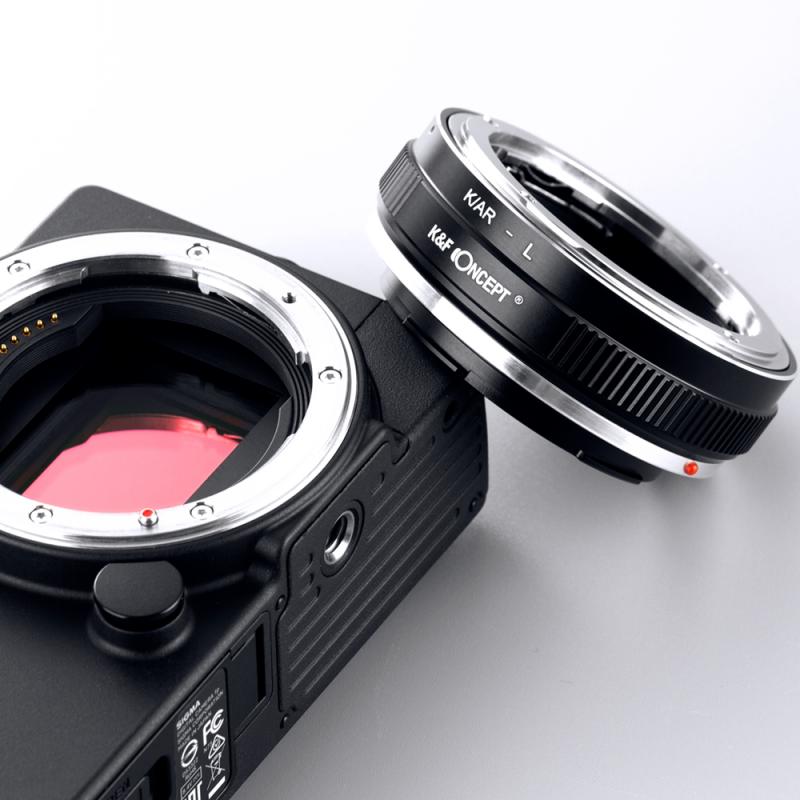
3、 Recommended storage solutions for cameras and lenses
Recommended storage solutions for cameras and lenses are essential to ensure their longevity and protect them from damage. Here are some tips on how to store camera and lenses effectively:
1. Camera Bag: Invest in a high-quality camera bag that provides adequate padding and compartments to keep your camera and lenses secure. Look for a bag with adjustable dividers to customize the space according to your equipment.
2. Lens Cases: Most lenses come with their own protective cases. Make sure to use them when storing your lenses. These cases are designed to provide a snug fit and protect the lens from dust, scratches, and impact.
3. Dry Environment: Store your camera and lenses in a dry environment to prevent moisture damage. Moisture can lead to fungus growth, which can severely affect the performance of your equipment. Consider using moisture-absorbing silica gel packs in your storage area.
4. Temperature Control: Extreme temperatures can also damage your camera and lenses. Avoid storing them in areas that are too hot or too cold. Optimal temperature ranges are typically between 32°F to 95°F (0°C to 35°C).
5. Avoid Direct Sunlight: Exposure to direct sunlight can cause damage to the camera's sensor and lens coatings. Store your equipment in a shaded area or use protective covers to shield them from sunlight.
6. Regular Cleaning: Before storing your camera and lenses, ensure they are clean. Use a soft brush or air blower to remove any dust or debris. Clean the lens with a microfiber cloth and a lens cleaning solution.
7. Security: If you have valuable camera equipment, consider investing in a lockable storage cabinet or safe to protect them from theft.
It's important to stay updated with the latest storage solutions as technology evolves. Some photographers now prefer using specialized camera backpacks with built-in compartments and shock-absorbing materials for added protection. Additionally, cloud storage and online backup services have become popular for storing digital files securely. Always research and choose storage solutions that best suit your specific needs and equipment.
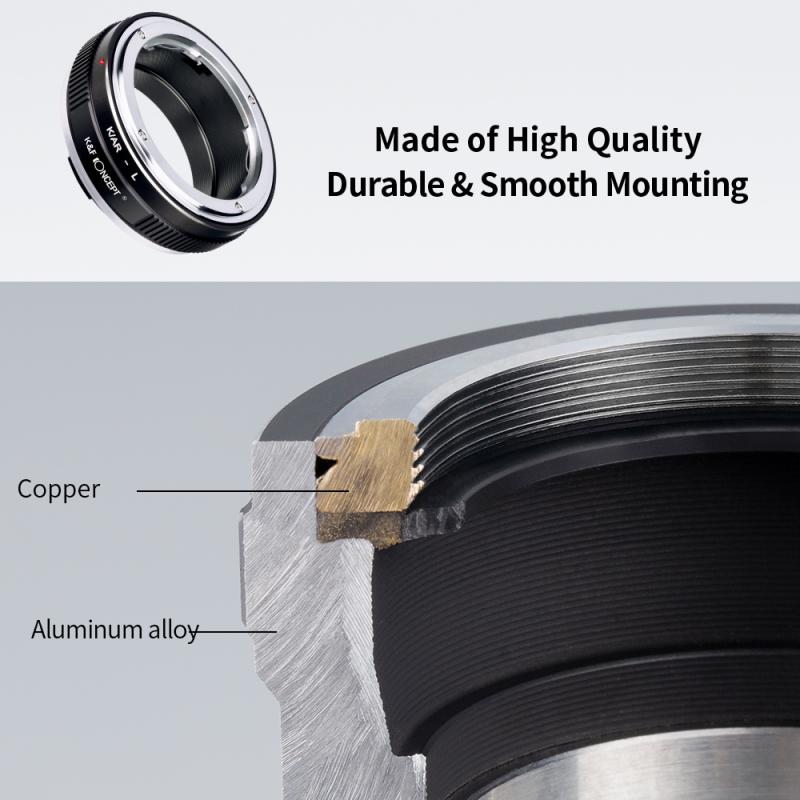
4、 Tips for organizing and protecting camera gear during storage
Tips for organizing and protecting camera gear during storage:
1. Clean and dry: Before storing your camera and lenses, make sure they are clean and dry. Use a soft cloth to remove any dust or dirt from the surfaces. Moisture can damage the equipment, so ensure everything is completely dry before storing.
2. Use a camera bag or case: Invest in a good quality camera bag or case to store your gear. Look for one that has padded compartments to protect your camera and lenses from any potential impact or damage. Make sure the bag is also water-resistant to protect against any accidental spills or rain.
3. Separate compartments: Within the camera bag, use separate compartments or dividers to keep each piece of equipment organized and prevent them from scratching against each other. This will also make it easier to find what you need when you're ready to use them again.
4. Store in a cool and dry place: Find a cool and dry place to store your camera gear. Avoid areas with high humidity or extreme temperatures, as these can damage the equipment. A closet or a dedicated storage cabinet can be ideal options.
5. Use silica gel packets: To further protect against moisture, place silica gel packets in the camera bag or case. These packets help absorb any excess moisture and keep the gear dry.
6. Remove batteries: Before storing your camera, remove the batteries to prevent any potential leakage or corrosion. This will help prolong the life of your batteries and prevent damage to the camera.
7. Regular maintenance: Even during storage, it's important to regularly check and maintain your camera gear. Inspect for any signs of damage or wear, and clean the equipment periodically to keep it in good condition.
By following these tips, you can ensure that your camera and lenses are organized, protected, and ready for use whenever you need them.
